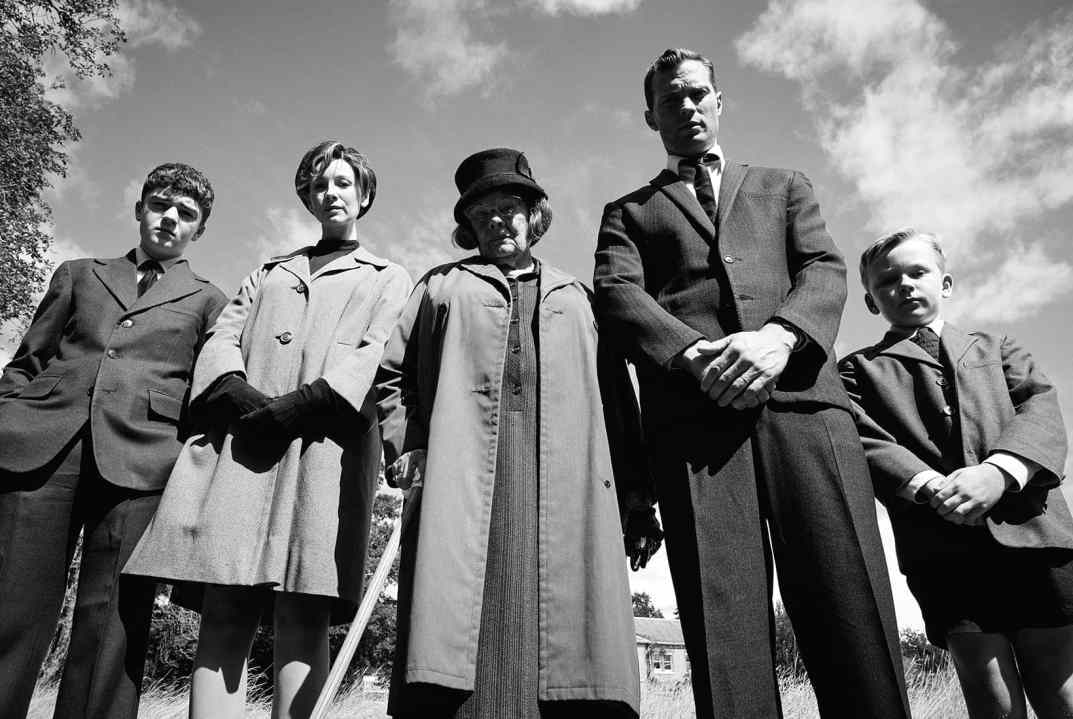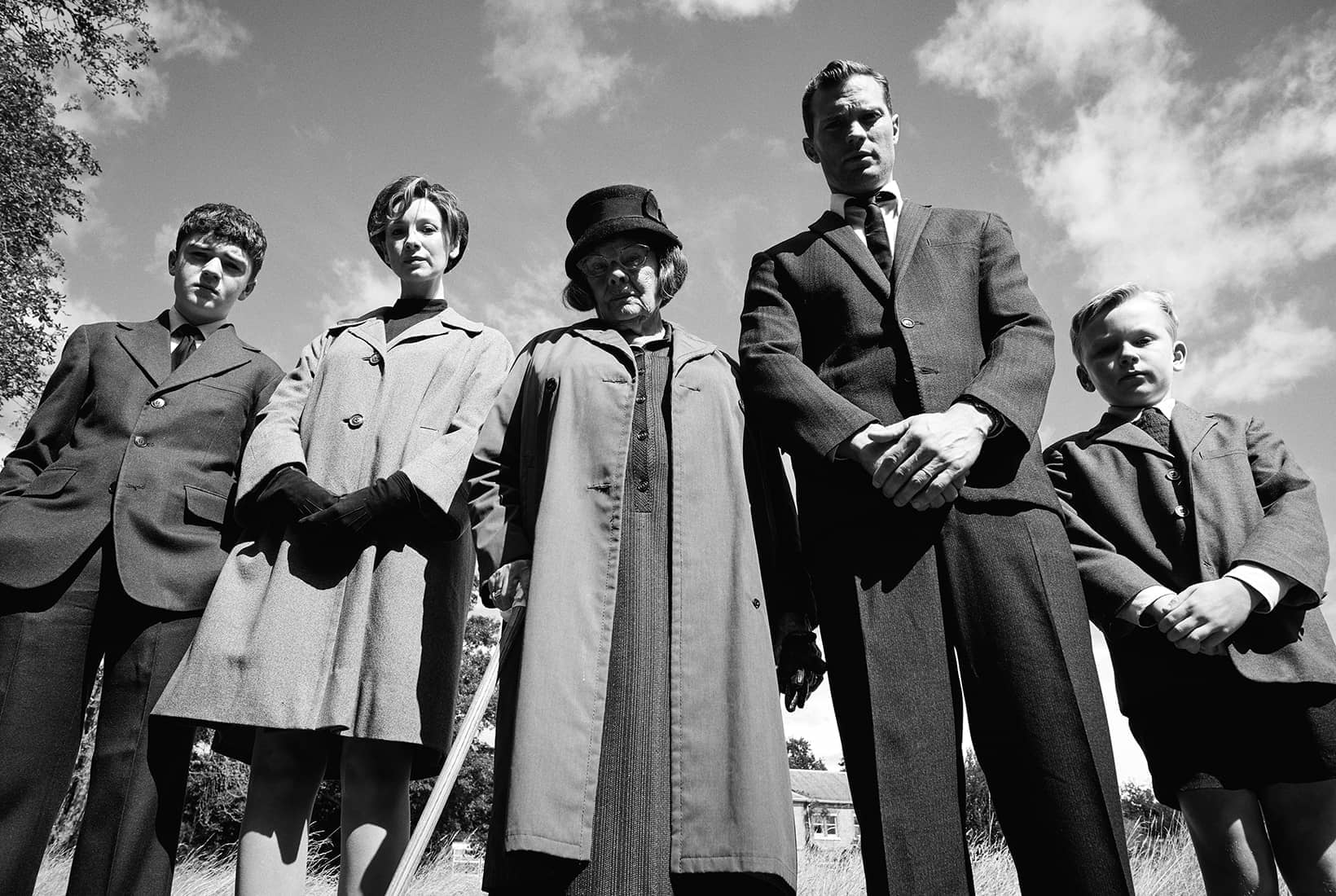After Artemis Fowl and Murder on the Orient Express you may have had concerns about Kenneth Branagh ever helming a film again — keep away, Ken, keep away! — but Belfast is plainly a different prospect. It is an autobiographical account of his earliest years growing up in Belfast during the Troubles, and it is heartfelt, warm and authentic even if it does sometimes tip into the overly sentimental and nostalgic. That said, it was good to see Omo washing powder once again. (It added ‘brightness to whiteness’, you may remember.)
This presses buttons so deftly I welled up exactly as I was supposed to. Three times
Branagh, who wrote the screenplay and directs, was born in Belfast but moved to the south of England with his family when he was nine and this film asks what his parents must have asked themselves: how bad does it have to get before you leave everything and everyone you know? The film opens with drone shots of modern-day Belfast but then leaches into black and white as we spool back to 1969 and a working-class street where it’s clear everyone knows each other and the children are happily playing outside. It’s hopscotch or skipping or makeshift swords and shields and someone is on the receiving end of a Chinese burn somewhere, I bet you. (That, too, was very 1969.) Branagh’s alter ego is Buddy (a winsome Jude Hill) who has been called in for his tea and is teased on his way home. ‘It’s tripe and onions,’ jokes a neighbour. ‘It is not,’ insists Buddy. He suddenly freezes. His expression is stunned, wide-eyed. There, at the end of the road, stands a gang of snarling young men. We switch to slo-mo as they rampage down the street with baseball bats and petrol bombs. Windows shatter, cars are set alight, mothers scream as they race to scoop up their children. It is sudden and shocking for Buddy. And for us.
Buddy’s family is Ma (Catriona Balfe), Pa (Jamie Dornan), and an older brother, Will (Lewis McAskie). They are Protestant and live in a largely Protestant area but there are still some Catholics in the mix and the Union hardmen are determined to burn them out of their homes. Ma and Pa also have their own troubles. They owe back tax so Pa works away in England (as a joiner) for long periods to earn money while she skimps and frets. But they’re among friends and other family, with Pa’s parents, Pop (Ciaran Hinds) and Granny (Judi Dench), living nearby. You know Pop and Granny are wonderful without my having to say so just by who is playing them, and they do share some terrific, even flirty scenes. Plus there are some funny lines generally. ‘How can I leave Belfast?’ Ma asks Auntie Violet. ‘I wouldn’t worry about it,’ comes the reply. ‘The Irish were born for leavin’. Otherwise the rest o’ the world would have no pubs.’
This is all told at a lick as we follow Buddy to school, or to church, or it’s Buddy watching Star Trek on television or it’s Buddy hoping for a new Matchbox car for Christmas. The family visit the cinema — Chitty Chitty Bang Bang, One Million Years BC — where everything is kept monochrome aside from the cinema screen, which bursts with colour. But the violence is escalating. We’re kept updated by snatches of news bulletins, or it’s Buddy being in the right place at the right time — he’s in the right place at the right time a lot — to eavesdrop. The family dither. In fact, it’s a box of Omo (looted) that focuses their minds
The film is manipulative, and sentimental, and it does sometimes feel derivative, as if John Boorman’s Hope and Glory had been mashed up with Cinema Paradiso. But it is also sincere, affectionate, involving and presses its buttons so deftly I welled up exactly as I was supposed to. At least three times.







Comments